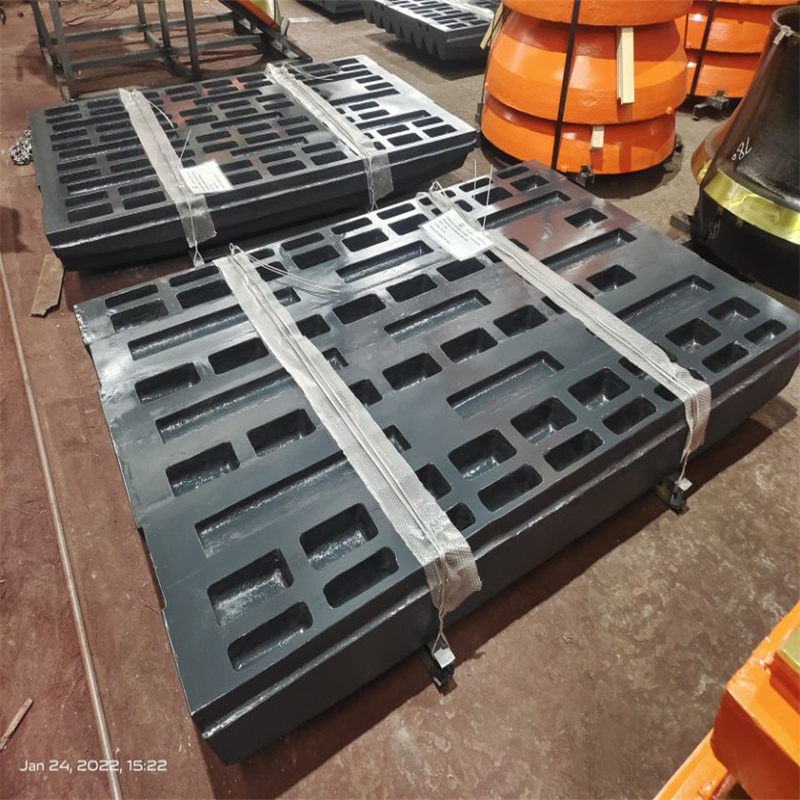In the ongoing shift toward more sustainable practices, we often hear about electric cars, buses and trucks slashing (and in many cases eliminating) emissions to make our roads greener. But important changes are happening off-road as well on construction sites, on farms and in a variety of similar applications that require bigger machines to get the job done — the use of battery-powered heavy equipment like excavators and wheel loaders.
The construction industry in particular has a key role to play in decarbonization efforts worldwide. The building and construction sectors combine to account for 38% of carbon dioxide emissions globally, according to a United Nations report. Heavy equipment like excavators, wheel loaders and skid steers are becoming more prominent electric options, and as with the transportation sector, EVs are ushering in a new era. Shredder Metal Machine

Electric construction equipment will build the roads, bridges and utility lines of tomorrow, and they’ll do it without producing greenhouse gas emissions. In fact, there are already early adopters successfully using electric heavy equipment , and they’re finding that they can lower their carbon footprint while keeping their performance high.
The evolution of reducing emissions in heavy equipment isn’t new. Equipment manufacturers have been addressing sustainability for decades by putting lower-emission engines in their machines, adding features that reduce fuel consumption and developing telematics systems that help operators reduce fuel usage and machine idle times.
Manufacturers in North America and beyond have come a long way in the last few years by reducing harmful emissions from machines. Although there are still improvements possible in diesel combustion technology, we’re now at a point where most of the benefits have been realized. New technologies like electric machines are the next frontier in emissions reductions.
The push for sustainability is coming from outside the construction industry as well. Governments worldwide are adopting more clean-air regulations at local and regional levels. Many companies are also adopting sustainability policies, and they’re asking their partners to help them meet their targets. Sustainability requirements are already showing up in project specifications, and it’s a big reason why electric heavy equipment has found its way onto more and more job sites worldwide.
Electric equipment can currently be found around the world moving dirt and other materials on job sites, helping farmers feed their livestock, carrying new trees and shrubs to be planted, and making quick work of indoor demolition projects — and these types of projects are just the tip of the iceberg.
Most of the currently available electric models are smaller in size. That’s because they lend themselves well to just a simple battery-electric drive to store enough energy to complete their daily workload on a typical duty cycle basis. That said, larger electric equipment — in the 20+ ton range — will soon be taking on much larger tasks on construction sites. And beyond that, new power alternatives for electric heavy equipment , like hydrogen fuel cell technology, are already being explored to make even bigger machines emissions-free.
A critical point to make is that bringing electromobility to the construction industry isn’t without its challenges. There are still lots of questions surrounding performance and equipment charging — whether on the grid or remote — just as there are with electric cars. The good news so far is that early users are finding they can keep their machines adequately charged for the tasks at hand to get their jobs done.
The effects of electric construction equipment are likely to be felt beyond the construction industry. Because of their low noise and zero emissions, they could be used in applications where construction equipment has traditionally been impractical, including indoor settings, orchards and fish hatcheries, to name a few.
Also, advances in electric construction equipment can help other EVs, and vice versa. As an example, several business units within Volvo Group share innovations in battery technology and charging infrastructure . The learnings then accelerate the ability to produce reliable, practical EVs both on and off-road.
Volvo Construction Equipment also recently published its 48-voltage DC charging protocol, which will let other OEMs and suppliers use it in the development of their products. Currently there is no industry standard, which means multi-branded fleets likely need to use many different types of chargers. The goal here is to ease the burden on these fleets and thereby accelerate the electrification of our industry.
More importantly, what’s happening with electric construction equipment isn’t just about this industry — it’s also helping other clean technology sectors. Lessons learned in making these machines more efficient and improving how they charge can benefit everyone working on green technology.
The societal impact of these types of advancements should be significant. With the construction industry responsible for a significant portion of the world’s greenhouse gas emissions, it has an obligation to bring these types of solutions and more.
The move to electric construction equipment isn’t a small change — it’s an essential part of the larger global effort to improve sustainability. As we see more electric equipment on construction sites, it’s important to understand how this shift impacts not only the construction industry but also our collective goal of building a cleaner, greener future. The machines may be heavy, but the decision to go electric is a weighty one that reaches far beyond the construction site.
Our industry is on the cusp of a major transformation — and in turn, it will have a major effect on the entire world.
This article is sponsored by Volvo.
CleanTechnica occasionally chooses to work with select clients for paid promotion on our network sites. This is the account for all paid content. For information about paid outreach, please contact our Accounts Manager.

Stone Crusher Machine Industry Sponsor has 398 posts and counting. See all posts by Industry Sponsor